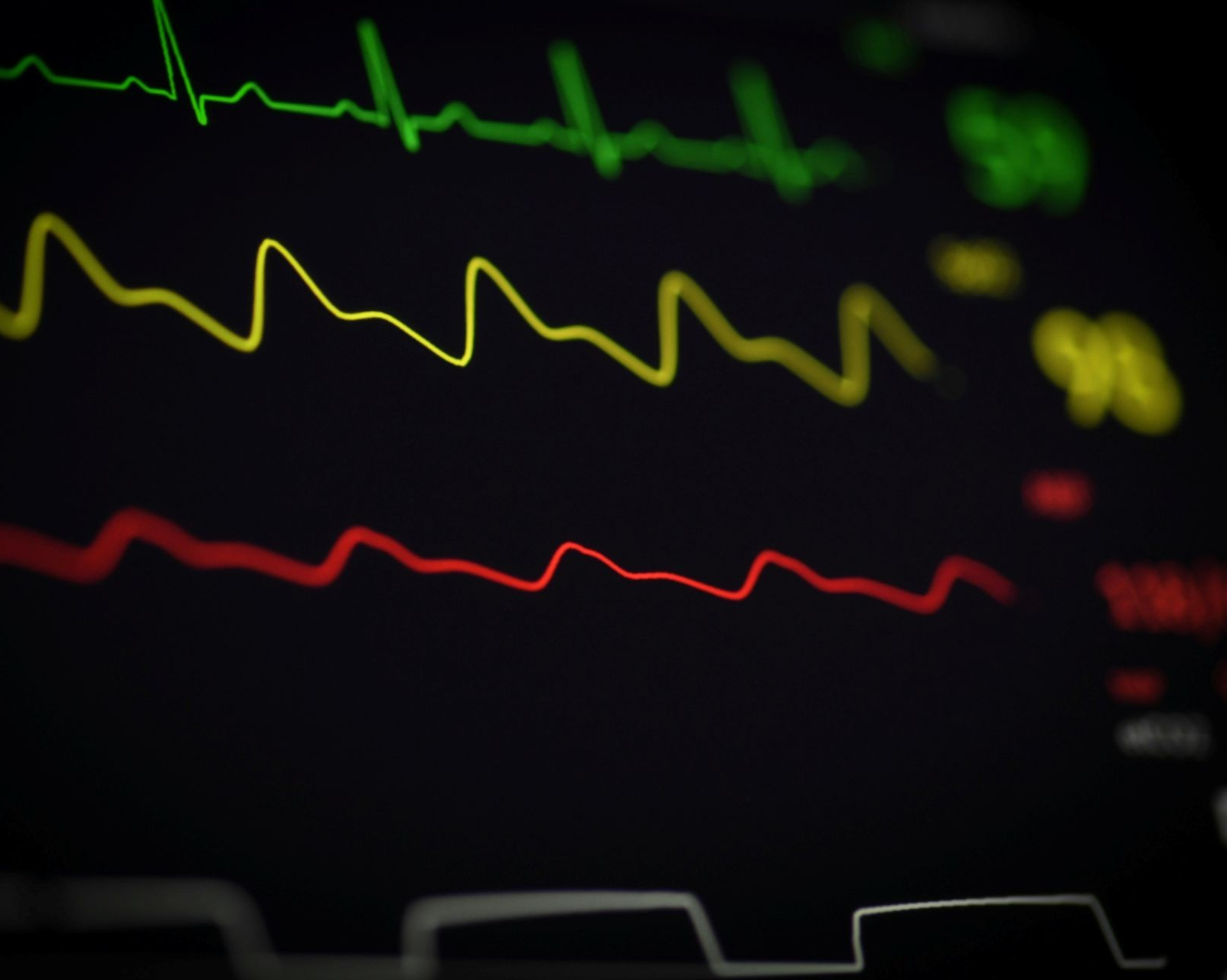Science
Concordia Researchers Unveil AI Tool to Enhance CPR Monitoring

A team of researchers from Concordia University has developed a groundbreaking artificial intelligence tool designed to improve the monitoring of cardiopulmonary resuscitation (CPR) in emergency settings. Led by PhD candidate Saidul Islam and Professor Jamal Bentahar from the Concordia Institute for Information Systems Engineering, this innovative methodology promises a more efficient way to process critical biomedical signals during CPR, particularly in high-stress situations.
When a cardiac arrest occurs, healthcare professionals rely on real-time data, including chest compression depth, blood pressure, and breathing patterns, to make life-saving decisions. However, these signals can often become distorted due to movement, equipment noise, or other interferences common in ambulances and hospital wards. The current methods for filtering these signals are not always capable of managing the complex noise patterns that arise in such chaotic environments.
The new AI tool employs a novel unsupervised machine-learning approach that does not require labeled data, making it particularly effective for real-time applications. This feature allows the system to analyze multiple types of CPR signals simultaneously while preserving important relationships among them and eliminating unwanted noise.
In rigorous testing, the Concordia team’s tool outperformed existing techniques, producing cleaner and more accurate signals that can adapt to various types of biomedical data. The researchers believe that this advancement could significantly enhance automated CPR devices and improve decision-making processes in critical care situations, ultimately saving more lives.
Contributions to this research also came from Robin Cohen of the University of Waterloo and Gaith Rjoub from Aqaba University of Technology. Their findings were published in the journal Information Sciences, highlighting the potential impact of this technology on emergency medical services.
The implications of this research extend beyond technical enhancements; they could redefine the standards of care provided during CPR interventions. As the healthcare sector increasingly embraces technology, tools like this AI methodology represent a vital step towards optimizing emergency response and enhancing patient outcomes.
-

 Science3 months ago
Science3 months agoToyoake City Proposes Daily Two-Hour Smartphone Use Limit
-

 Top Stories3 months ago
Top Stories3 months agoPedestrian Fatally Injured in Esquimalt Collision on August 14
-

 Health3 months ago
Health3 months agoB.C. Review Reveals Urgent Need for Rare-Disease Drug Reforms
-

 Technology3 months ago
Technology3 months agoDark Adventure Game “Bye Sweet Carole” Set for October Release
-

 World3 months ago
World3 months agoJimmy Lai’s Defense Challenges Charges Under National Security Law
-

 Lifestyle3 months ago
Lifestyle3 months agoVictoria’s Pop-Up Shop Shines Light on B.C.’s Wolf Cull
-

 Technology3 months ago
Technology3 months agoKonami Revives Iconic Metal Gear Solid Delta Ahead of Release
-

 Technology3 months ago
Technology3 months agoApple Expands Self-Service Repair Program to Canada
-

 Technology3 months ago
Technology3 months agoSnapmaker U1 Color 3D Printer Redefines Speed and Sustainability
-

 Technology3 months ago
Technology3 months agoAION Folding Knife: Redefining EDC Design with Premium Materials
-

 Business3 months ago
Business3 months agoGordon Murray Automotive Unveils S1 LM and Le Mans GTR at Monterey
-

 Technology3 months ago
Technology3 months agoSolve Today’s Wordle Challenge: Hints and Answer for August 19









